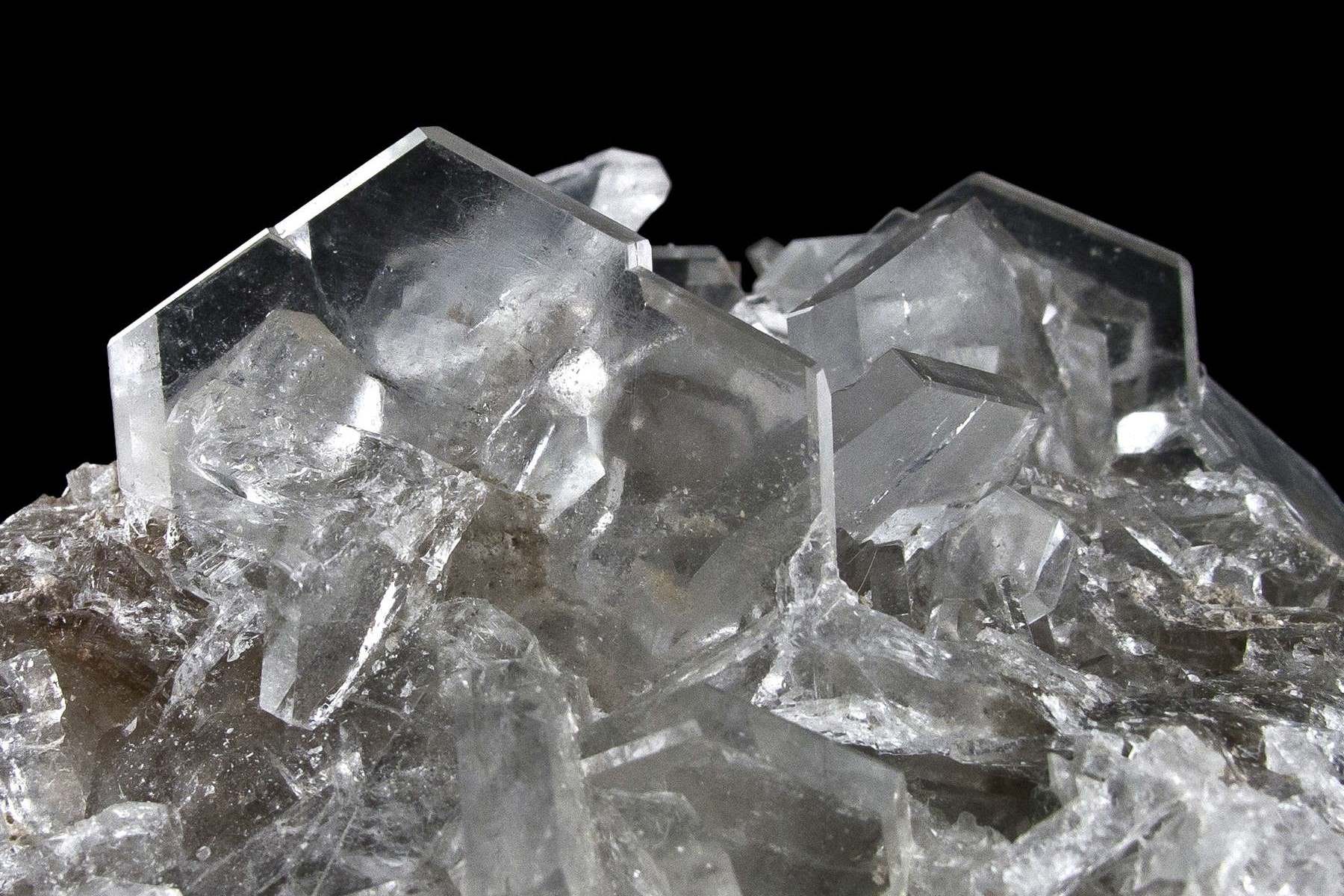
Ever felt a shiver run down your spine after peeing? You're not alone. This strange phenomenon is known as Post-Micturition Convulsion Syndrome or pee shivers. It's a quirky, often surprising experience that leaves many scratching their heads. Why does it happen? Is it normal? Pee shivers are more common than you might think, affecting people of all ages and genders. Some theories suggest it’s linked to the nervous system, while others think it’s about body temperature regulation. Whatever the cause, it’s a fascinating topic worth exploring. Let’s dive into 30 intriguing facts about this curious bodily reaction!
Key Takeaways:
- Pee shivers, or Post-Micturition Convulsion Syndrome (PMCS), can happen to anyone after urinating. It's a mysterious but harmless sensation that might be linked to our body's nervous system and temperature regulation.
- While pee shivers might feel strange, they're quite common, especially among men. Staying hydrated, standing up slowly, and wearing warm clothes can help manage the chills. And hey, some people even find them oddly satisfying!
What is Post-Micturition Convulsion Syndrome?
Post-Micturition Convulsion Syndrome (PMCS) is a phenomenon where some people experience shivers or chills after urinating. This curious reaction has puzzled many, leading to various theories and studies.
- PMCS is often referred to as "pee shivers" or "pee chills."
- Both men and women can experience PMCS, though it is more commonly reported by men.
- The exact cause of PMCS remains unknown, but it is believed to be related to the autonomic nervous system.
- Some theories suggest that the sudden drop in blood pressure after urination might trigger the shivers.
- Another theory posits that the body's temperature regulation system might play a role in causing the chills.
How Common is PMCS?
Understanding the prevalence of PMCS can help demystify this odd sensation. While not everyone experiences it, those who do often find it intriguing.
- Studies indicate that approximately 83% of men and 58% of women have experienced PMCS at least once.
- PMCS is more frequently reported by younger individuals compared to older adults.
- People with certain medical conditions, such as diabetes, might experience PMCS more often.
- The intensity of the shivers can vary from person to person, ranging from mild to quite pronounced.
- Despite its prevalence, PMCS is rarely discussed openly, leading to a lack of widespread awareness.
The Science Behind PMCS
Delving into the scientific explanations can shed light on why PMCS occurs. While definitive answers are elusive, several plausible theories exist.
- The autonomic nervous system, which controls involuntary bodily functions, is believed to be involved in PMCS.
- Urination involves the parasympathetic nervous system, which can cause a sudden relaxation of muscles and blood vessels.
- This relaxation might lead to a rapid drop in blood pressure, potentially triggering the shivers.
- The body's thermoregulation system might also be involved, as urination can cause a slight drop in body temperature.
- Some researchers believe that PMCS could be a vestigial reflex from our evolutionary past.
PMCS and Gender Differences
Exploring the gender differences in PMCS can provide insights into why men report it more frequently than women.
- Men are more likely to experience PMCS due to anatomical and physiological differences.
- The male urethra is longer, which might contribute to the sensation of shivers.
- Hormonal differences between men and women could also play a role in the frequency of PMCS.
- Men might be more attuned to bodily sensations, leading to higher reporting rates.
- Cultural factors might influence the willingness to discuss PMCS, with men feeling more comfortable sharing their experiences.
Coping with PMCS
For those who experience PMCS, understanding how to cope with it can make the phenomenon less unsettling.
- Staying hydrated can help regulate body temperature and potentially reduce the frequency of PMCS.
- Gradually standing up after urinating might prevent a sudden drop in blood pressure.
- Wearing warm clothing can help maintain body temperature and minimize chills.
- Deep breathing exercises can help calm the autonomic nervous system and reduce shivers.
- Consulting a healthcare professional can provide personalized advice and reassurance.
Fun Facts About PMCS
PMCS, while puzzling, has some interesting and fun aspects that make it a unique human experience.
- Some people find the sensation of PMCS oddly pleasurable or satisfying.
- PMCS has been referenced in popular culture, including TV shows and movies.
- Online communities and forums exist where people share their PMCS experiences and theories.
- PMCS is a topic of interest for researchers studying the autonomic nervous system.
- Despite its mysterious nature, PMCS is generally harmless and not a cause for concern.
Understanding Post-Micturition Convulsion Syndrome
Post-Micturition Convulsion Syndrome, often called "pee shivers," remains a curious phenomenon. While not fully understood, it’s believed to involve the autonomic nervous system. This system controls involuntary actions like heart rate and digestion. When you pee, your body undergoes a rapid shift in temperature and blood pressure, possibly triggering these shivers.
Though harmless, pee shivers can be surprising. They’re more common in men but can happen to anyone. If you experience them, know it’s a normal bodily response. No need for concern unless accompanied by other symptoms.
Understanding these shivers helps demystify a quirky part of human biology. Next time you feel that unexpected shiver, you’ll know a bit more about what’s happening inside your body. Embrace the oddities of human nature; they make us who we are!
Frequently Asked Questions
Was this page helpful?
Our commitment to delivering trustworthy and engaging content is at the heart of what we do. Each fact on our site is contributed by real users like you, bringing a wealth of diverse insights and information. To ensure the highest standards of accuracy and reliability, our dedicated editors meticulously review each submission. This process guarantees that the facts we share are not only fascinating but also credible. Trust in our commitment to quality and authenticity as you explore and learn with us.


